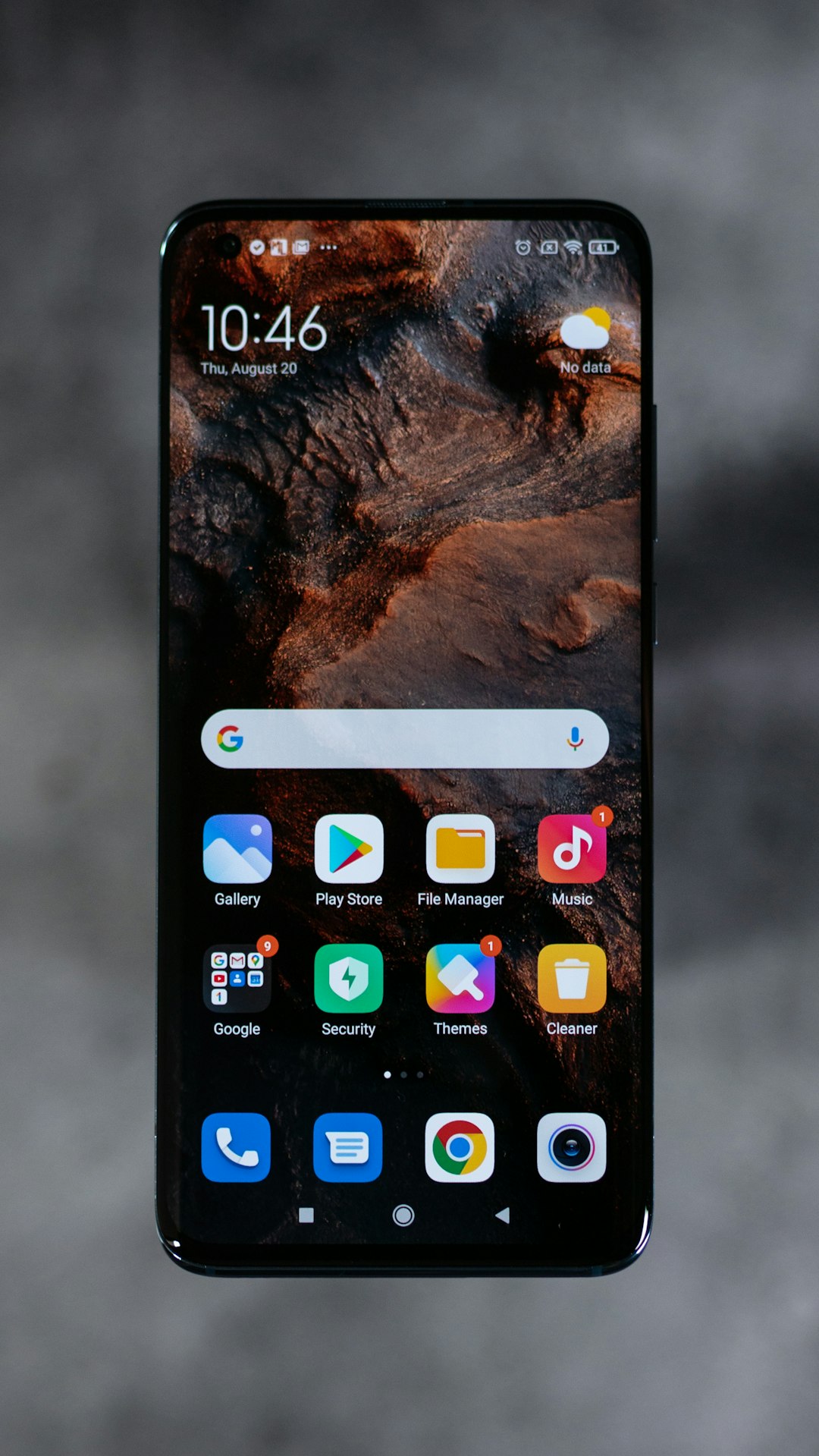In Michigan, strict call authentication standards are vital for fighting fraud and protecting consumers from automated calls. Both consumers and autodialer lawyers benefit from these standards, ensuring genuine communications and compliance with privacy laws. The state leads in regulating autodialer technologies through stringent consent requirements, with the Attorney General's office actively enforcing these measures. This proactive approach holds autodialer lawyers accountable, fostering transparency and ethical business practices, especially in Southgate, where strict protocols significantly curb misuse by businesses. These standards protect residents' privacy and promote ethical marketing among autodialer lawyers in Michigan.
“In an era where technology drives communication, ensuring secure phone calls is paramount. This article delves into Call Authentication Standards (CAS), a critical aspect of cybersecurity with legal implications. We explore Michigan’s pivotal role in shaping and enforcing these standards, focusing on the city of Southgate. With a particular interest in autodialer usage, we analyze how CAS protect consumers from fraudulent activities, highlighting the expertise of a Michigan-based autodialer lawyer in this evolving landscape.”
Understanding Call Authentication Standards: A Legal Perspective

Call authentication standards play a critical role in the legal landscape, especially with the rise of automated phone systems and autodialers. These standards ensure that communications are genuine and prevent fraudulent activities. In Michigan, as in many states, laws have been enacted to protect consumers from unwanted calls, ensuring they are not overwhelmed by automated messages from businesses or telemarketers.
From a legal perspective, understanding these standards is crucial for both consumers and autodialer lawyers in Michigan. Compliance with call authentication protocols can shield businesses from potential lawsuits and regulatory actions. It’s essential for companies using autodialers to implement robust verification processes to confirm the identity of the caller and ensure compliance with privacy laws, thereby fostering a fair and transparent communication environment.
Michigan's Role in Implementing and Enforcing These Standards

Michigan plays a pivotal role in shaping and enforcing call authentication standards, particularly for autodialer technologies. As an influential state with stringent consumer protection laws, Michigan has established itself as a leader in ensuring the ethical use of automated communication systems, such as autodialers. The state’s legal framework requires businesses to obtain explicit consent from consumers before initiating robotic or automated calls, safeguarding individuals from unwanted and intrusive marketing practices.
Michigan’s Attorney General’s office actively enforces these standards, collaborating with industry experts and consumer advocacy groups to stay updated on emerging technologies and tactics. This proactive approach ensures that autodialer lawyers in Michigan are held accountable for adhering to legal requirements, thus fostering a fair and transparent business environment. The state’s commitment to protecting consumers’ rights makes it an exemplary model for other regions looking to implement robust call authentication standards.
The Impact on AutoDialer Usage and Client Protection in Southgate

In the context of call authentication standards, the implementation of robust measures significantly impacts auto-dialer usage in Southgate. With advancements in technology, auto-dialers have become a common tool for businesses to reach potential clients. However, their misuse can lead to spamming and fraud, causing distress to residents. Michigan’s role in establishing and enforcing strict call authentication protocols ensures that autodialer lawyers in Michigan adhere to ethical practices, protecting Southgate citizens from unwanted calls.
These standards safeguard consumers by making it difficult for telemarketers to employ auto-dialers without proper authorization. As a result, clients in Southgate enjoy enhanced privacy and peace of mind, knowing their consent is required before receiving automated calls. This shift fosters a more transparent and accountable business environment, encouraging ethical marketing strategies among autodialer lawyers in Michigan.






